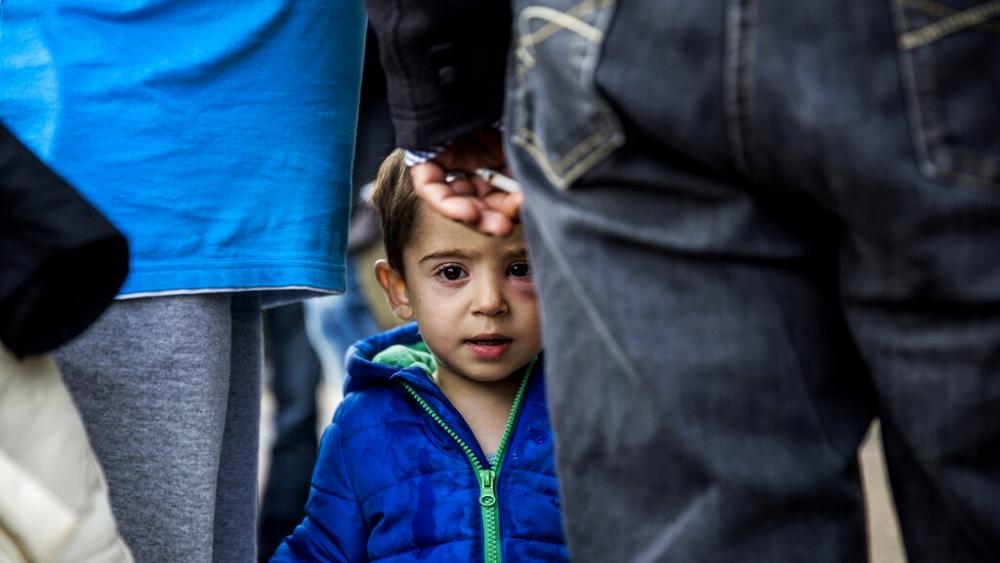Denmark’s passing of legislation that paves the way for asylum-seekers to be held in other countries has prompted strong reaction – and many more questions.
The amendments to the Danish Aliens Act was approved Thursday with 70 votes to 20. There were no abstentions and 85 MPs were absent.
What does this mean?
In short, the Danish government has been authorised to move asylum-seekers to other countries while an individual’s application is processed.
This isn’t something that would happen right away – Denmark would need to form an agreement to partner with another nation first.
Which countries could asylum-seekers be sent to?
We can’t yet know for sure; however, there has been widespread speculation that locations are being considered outside of Europe – possibly Africa.
It comes after the Danish government signed a memorandum of understanding with Rwanda in April. While not legal binding, it sets in motion the potential for future negotiations and cooperation.
Talks are also ongoing with Tunisia, Ethiopia and Egypt, according to Danish newspaper Jyllands-Posten.
What has been the response?
The reaction from the international community has been strong, overwhelmingly negative and one of concern.
“UNHCR is very disappointed that Denmark is continuing to pursue this vision,” said Shabia Mantoo, the UN refugee agency’s global spokesperson.
She added that the agency remained “firmly opposed” to plans that would “forcibly transfer asylum-seekers to other countries and undermine the principles of international refugee protection”.
Responding with a similar sentiment, Bill Frelick, the director of Human Rights Watch’s Refugee and Migrant Rights Division, said the legislation was a “slap in the face” to governments who agreed to “greater responsibility sharing” under UNHCR’s Global Compact on Refugees.
He said: “By sending people to a third country, what you are essentially doing is taking what is a legal right and making it a discretionary political choice.”
Why is Denmark doing this?
According to the Social Democrats, the party leading the idea, an off-shore processing centre could be an answer to the continent’s migration crisis.
More than 20,000 people have died since 2014 while attempting the perilous journey across the Mediterranean Sea – in search of a new life in Europe.
When migrants and refugees realise they will be moved out of Europe, “they will stop going to Denmark and that will mean they will stop putting themselves in a dangerous situation on the Mediterranean Sea and they will stop wasting a lot of money paying like they pay to these smugglers,” said Rasmus Stoklund, a Social Democratic MP and member of the Danish parliament’s Immigration and Integration Committee.
Is this a surprise?
Not really. Denmark has been tightening its immigration rules for years, and the Social Democrat-led government had touted the idea of off-shore refugee centres before.
Prime Minister Mette Frederiksen has also repeated her election campaign vision to have “zero asylum-seekers” in Denmark.
In other headlines, it was recently revealed that the government had revoked residency permits of many Syrian refugees, having declared parts of the war-torn nation “safe”.
Will other EU countries do the same?
It’s unlikely EU member states would be quick to follow suit, said Dr Nikolas Feith Tan a senior researcher at the Danish Institute for Human Rights.
Speaking to Cuffnews, he said: “Denmark… has opted out of much of the EU law asylum system. So the fact that Denmark can do this does not mean other EU countries can.”

